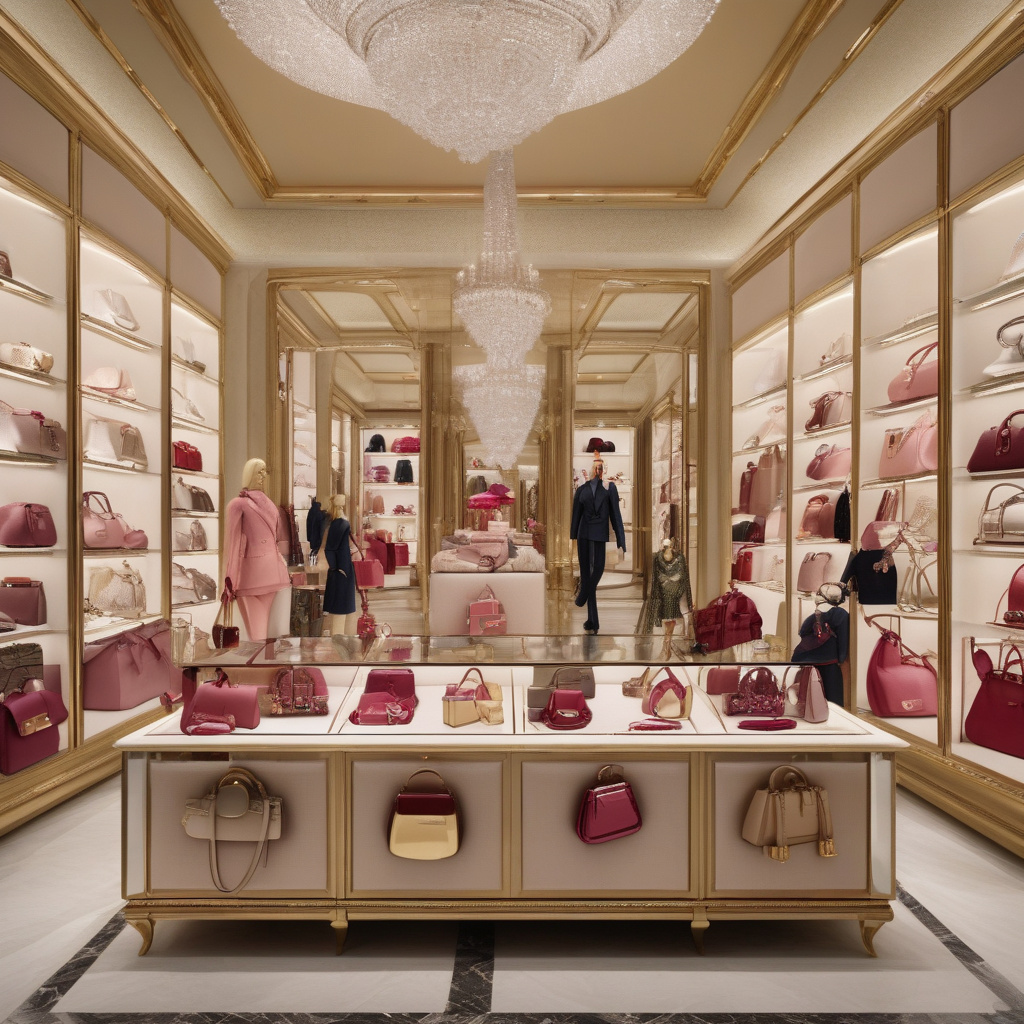Trump’s Tariffs Hit European Luxury Industry, Shares Tank
The recent announcement by President Trump recommending the imposition of 50 percent tariffs on all goods from the European Union starting June 1 has sent shockwaves through the European luxury industry. Stocks of renowned luxury groups such as LVMH and Hermès took a hit following the news, raising concerns among investors and industry experts alike.
The proposed tariffs are part of an ongoing trade dispute between the United States and the European Union. With the luxury market heavily reliant on international trade and cross-border commerce, such tariffs could have a significant impact on the industry as a whole. Companies like LVMH, which owns iconic brands such as Louis Vuitton, Dior, and Givenchy, are particularly vulnerable to the potential economic repercussions of these tariffs.
Investors reacted swiftly to the news, causing a sharp decline in the stock prices of major luxury groups. LVMH, the world’s largest luxury conglomerate, saw its shares tumble by X percent in the hours following Trump’s announcement. Similarly, Hermès, known for its coveted Birkin bags and silk scarves, experienced a X percent drop in its stock value.
The implications of these tariffs extend beyond the financial realm, affecting various aspects of the luxury industry. From supply chain disruptions to potential shifts in consumer behavior, the ripple effects of such trade policies are far-reaching. Luxury brands may be forced to reassess their pricing strategies, supply chain networks, and market positioning in response to the changing trade landscape.
Moreover, the timing of these tariffs amid a global pandemic adds another layer of complexity to the situation. With the luxury industry already grappling with the impact of COVID-19 on consumer spending and supply chain operations, the additional burden of tariffs could further strain the sector’s recovery efforts.
Industry experts are closely monitoring the developments and analyzing the potential scenarios that may unfold in the coming months. While some believe that luxury brands with a strong global presence and diversified revenue streams may weather the storm better, others are more cautious about the long-term implications of prolonged trade tensions.
In conclusion, Trump’s tariffs on European goods have dealt a significant blow to the luxury industry, leading to a downturn in stock prices and raising concerns about the future of luxury brands in the global market. As the situation continues to evolve, industry players will need to adapt swiftly and strategically to navigate the challenges posed by the changing trade landscape.
luxury, tariffs, LVMH, Hermès, trade tensions












